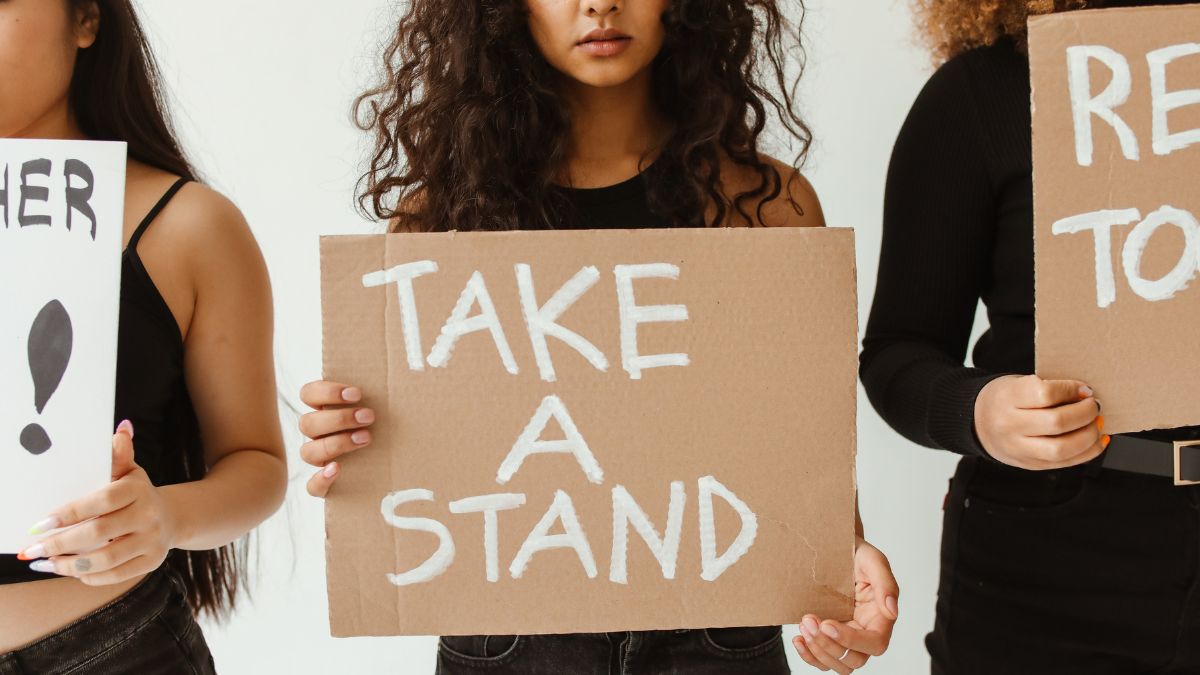Throughout history, women have been fighting for equal rights and freedoms, from the right to vote to equal pay and representation in government. One of the major obstacles that women face is orthodoxy, which refers to strict adherence to traditional beliefs and customs. This can limit the rights and freedoms of women, but it doesn’t have to be this way. In this blog post, we will explore why women must challenge orthodoxy to reclaim their rights and how they can do so.
- The Role of Orthodoxy in Limiting Women’s Rights:
Orthodox beliefs and practices can have a significant impact on the rights and freedoms of women. In some cultures, women are not allowed to work outside of the home or pursue higher education, and are expected to fulfill traditional roles as wives and mothers. This can limit their opportunities and keep them dependent on men for their livelihood.
Orthodox beliefs can also lead to harmful practices such as child marriage and female genital mutilation, which can have lifelong physical and psychological consequences for women. These practices are often justified by religious or cultural beliefs, but they are fundamentally harmful and violate the basic rights of women.
- The Importance of Challenging Orthodoxy:
Challenging orthodox beliefs is essential for women to regain their rights and freedoms. By questioning traditional practices and beliefs, women can break free from harmful practices and take control of their lives. Challenging orthodoxy also helps to raise awareness of the issues that women face and creates a platform for change.
In many cases, it is women who lead the way in challenging orthodox beliefs and practices. They are often the ones who speak out against harmful practices and push for change. By standing up for their rights and advocating for change, women can make a real difference in their communities and beyond.
- How Women Can Challenge Orthodoxy:
There are many ways that women can challenge orthodoxy and fight for their rights. Here are a few strategies that have been successful in the past:
- Education: Education is one of the most effective ways to challenge orthodoxy. By providing women with access to education, they can learn about their rights and the harmful effects of traditional practices. This can empower women to advocate for themselves and others, and to push for change.
- Grassroots organizing: Grassroots organizing involves mobilizing people at the community level to push for change. Women can form groups and organizations to raise awareness of the issues they face and to advocate for their rights. This can include organizing protests, marches, and other public events to bring attention to the issue.
- Legal action: In some cases, legal action can be an effective way to challenge orthodox practices. Women can take legal action to challenge discriminatory laws or to seek justice for harmful practices. This can be a long and difficult process, but it can result in significant changes to the law and to society as a whole.
Conclusion:
Orthodox beliefs and practices can have a significant impact on the rights and freedoms of women. It is essential that women challenge these beliefs and practices in order to regain their rights and take control of their lives. By standing up for their rights, advocating for change, and mobilizing their communities, women can make a real difference in the fight for gender equality. It is important to remember that change is possible, but it requires dedication, persistence, and a willingness to challenge the status quo.







